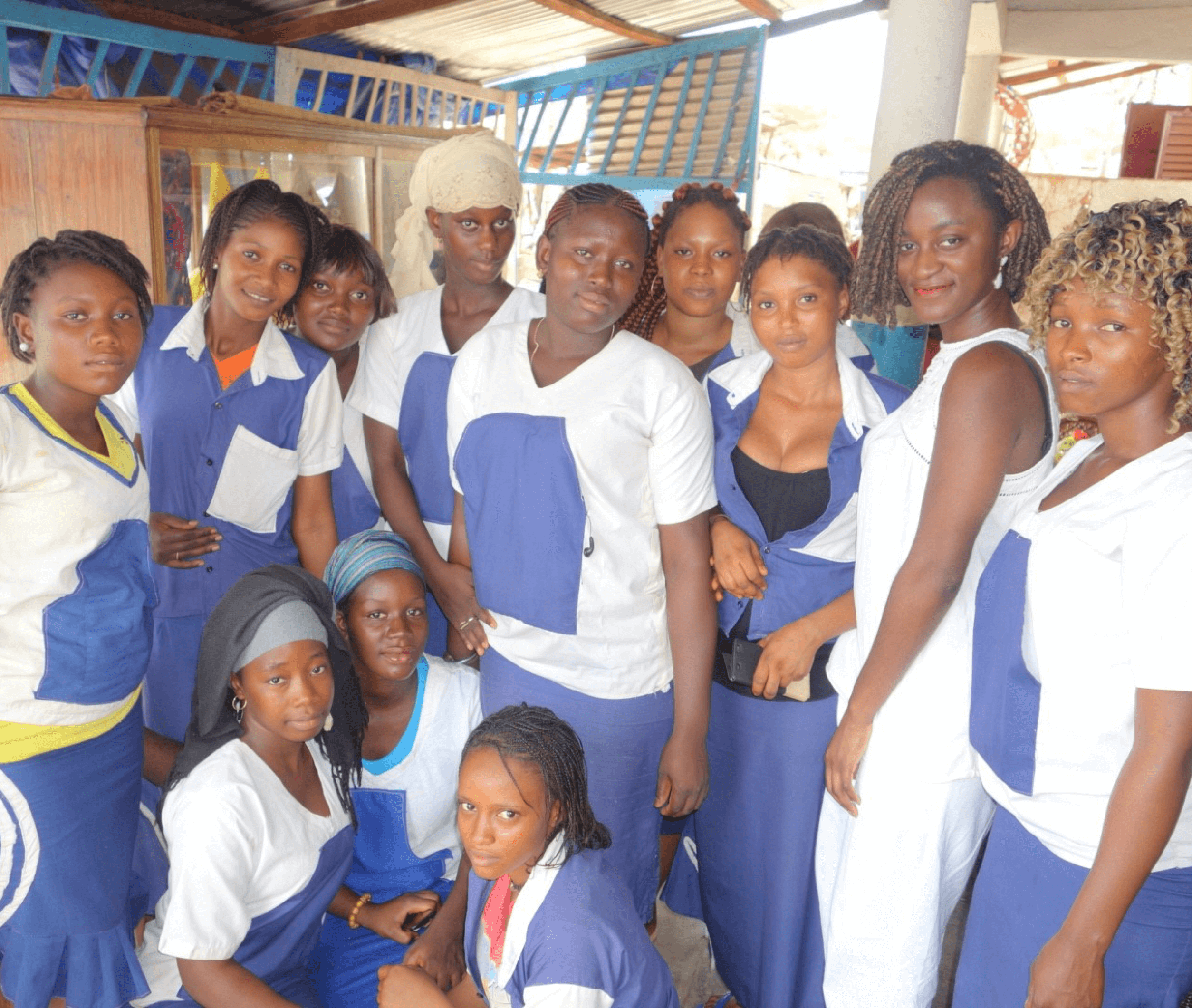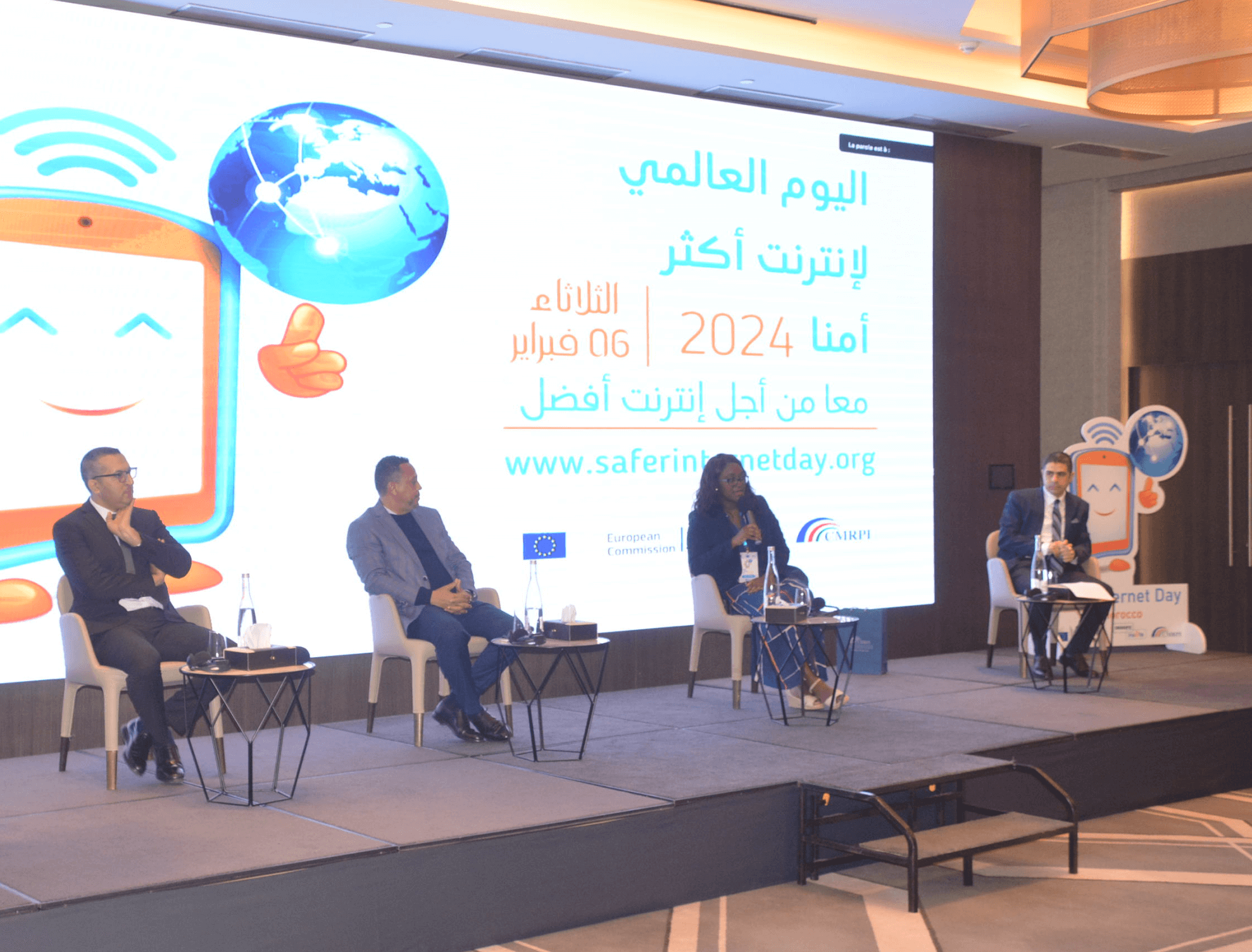
Genie Sugene Gan
Head of Government Affairs and Public Policy for Asia Pacific, Kaspersky
‘The moment I stop being curious, I stop growing’

“Together, we can change the face of cybersecurity”
Gladys Yiadom, Senior Public Affairs Manager at Kaspersky’s Government Relations Department, reflects on her journey from public diplomacy to cybersecurity. With a commitment to breaking stereotypes, Gladys advocates for more women in tech, leveraging her unique experiences to foster inclusivity and drive change within the industry.
Growing up in France with roots in Ghana, I’ve always felt connected to two worlds. As a child, I was captivated by the stories of the Ashanti Kingdom — an ancient empire rich in history. I promised myself that one day, I’d meet the Asantehene, the King of the Ashanti, and ask him all about historical figures like Yaa Asantewaa, a fierce leader I deeply admired. As a young girl who had only set foot in Ghana once, I dreamt of hearing the tales of this incredible kingdom straight from the King himself.
I couldn’t care less about whether the dream would come true one day. A girl can dream, and I did dream. I was quite young when my mother passed, but her story became my guide. She was a woman who came to France alone from Ghana and built a life for herself, and I’ve always wanted to honor her legacy by following my own dreams and never losing sight of them.
— we don’t need to conform to someone else’s expectations.

This drive led me to pursue my passion for African art and policies related to the continent. Along the way, I traveled from Guinea to Ethiopia, connecting with people from diverse backgrounds, and learned from each one. My career began in the public sector, where I worked as communications manager for the U.S. government’s Nouveaux Horizons book program, which reached 25 Francophone African countries. Later, I held positions with the International Organization of La Francophonie and the Ministry of Digital Economy and Transformation in Togo.
It was during my time in Togo that I first encountered cybersecurity. The country was strengthening its national digital framework, and it sparked my interest in the field. As I considered making a shift from public diplomacy to IT, I thought about building technical skills like coding. France has programs that support women making transitions into tech, and I had even applied and been accepted into one. But when I learned of an opportunity at Kaspersky, I realized I could still leverage my experience in diplomacy while working in the tech sector.
During my job interview, the General Manager in France mentioned that only 11% of women in the country worked in cybersecurity roles, and he was committed to changing that. It wasn’t just about women supporting women, it was about creating an entire ecosystem that championed diversity, with men as allies too. His vision resonated with me, and I knew this was a company I wanted to join.
Of course, entering the tech sector brought its own challenges, including stereotypes about women in IT. But I had already faced similar perceptions in the diplomatic world — where a woman in a leadership position doesn’t always fit the traditional mold. In fact, my name, Gladys, often leads people to assume I’m a man when they first correspond with me, because my name isn’t familiar in their country. I never corrected them, just to enjoy the surprise when we met in person. They see that you’re a woman, wearing pink, and that you’ve had your nails done. Of course, this leaves them in shock at their previous actions.

Throughout my career, I’ve learned that breaking stereotypes requires confidence in who you are, and a commitment to your goals. Since joining Kaspersky in 2023, I’ve had the privilege of working in a small but diverse and driven transnational team. We focus on building relationships with high-level stakeholders, always striving to reflect Kaspersky’s values and expertise. And while our team is small, we take pride in our ability to go above and beyond to make things happen.
I believe we can — and must — do more to encourage women to join cybersecurity. According to ISC2, only 24% of cybersecurity professionals globally are women, despite the growing demand for talent in this field. Kaspersky is actively working to address this through initiatives aimed at recruiting and retaining women in cybersecurity, as well as engaging young girls early on to explore STEM careers. Recently, I had the opportunity to speak at two universities in Morocco, where it was amazing to see so many women eager to enter the tech field. Contrary to what some might think, North Africa is seeing a rise in women-led IT initiatives, and it was inspiring to see the level of engagement and leadership among young women there.
At this event, I delivered a talk on the ethical principles of AI and was struck by how many young women approached me afterward, sharing how rare it was to see someone like me —a black woman — in the tech sector. In my past life, many asked me to join mentorship programs, and I realized I could be a role model for them. I’ve been fortunate to have my own mentors — like my aunt, who nurtured my curiosity from a young age — and other women throughout my career who helped me become who I am today. Now, I’m proud to mentor the next generation of women, helping them achieve their goals and encouraging them not to let anyone’s expectations hold them back.
More stories about Women in CyberSecurity